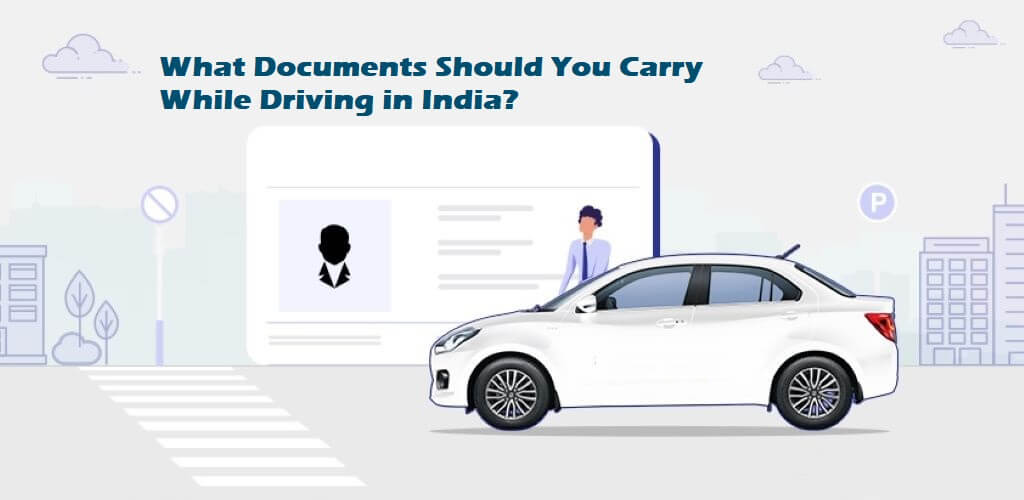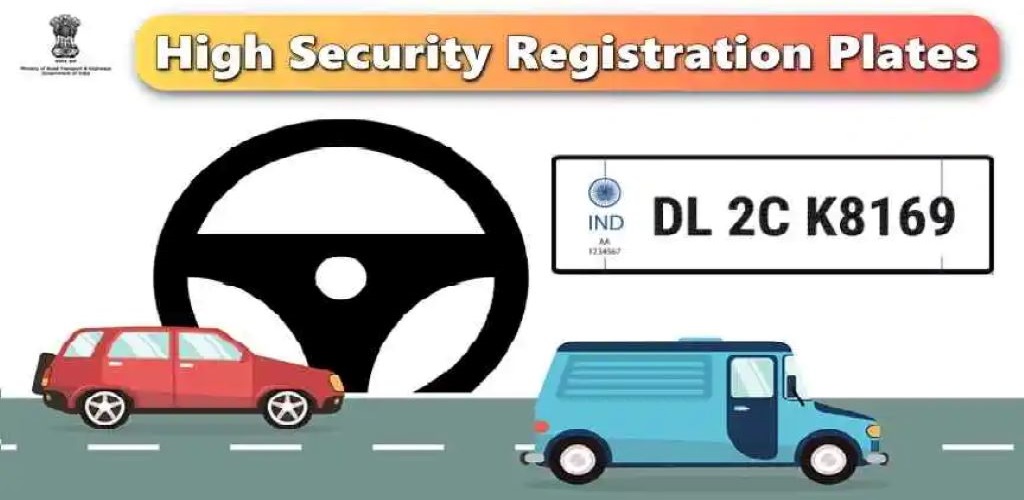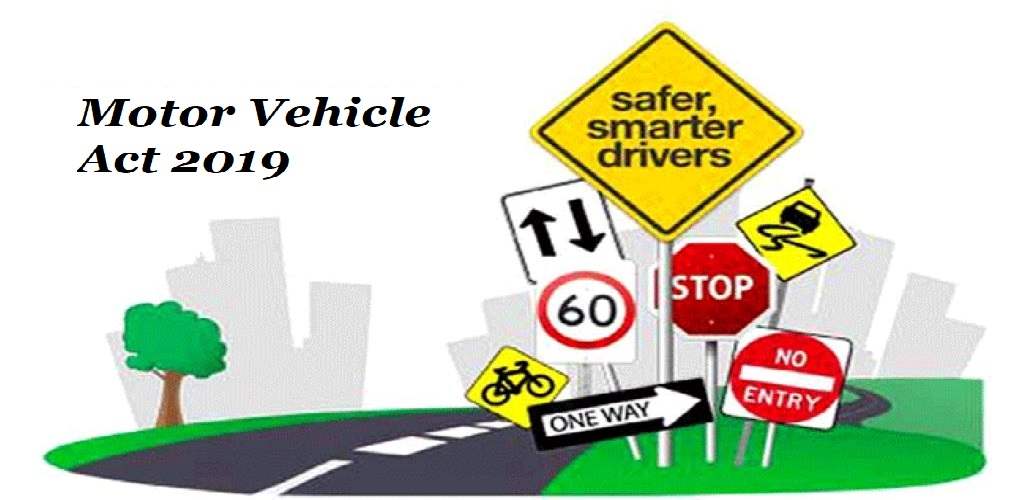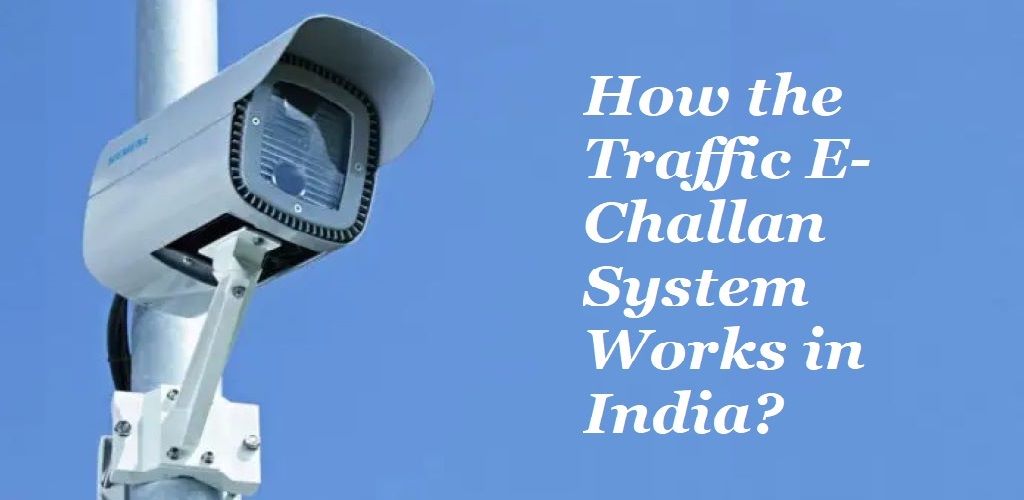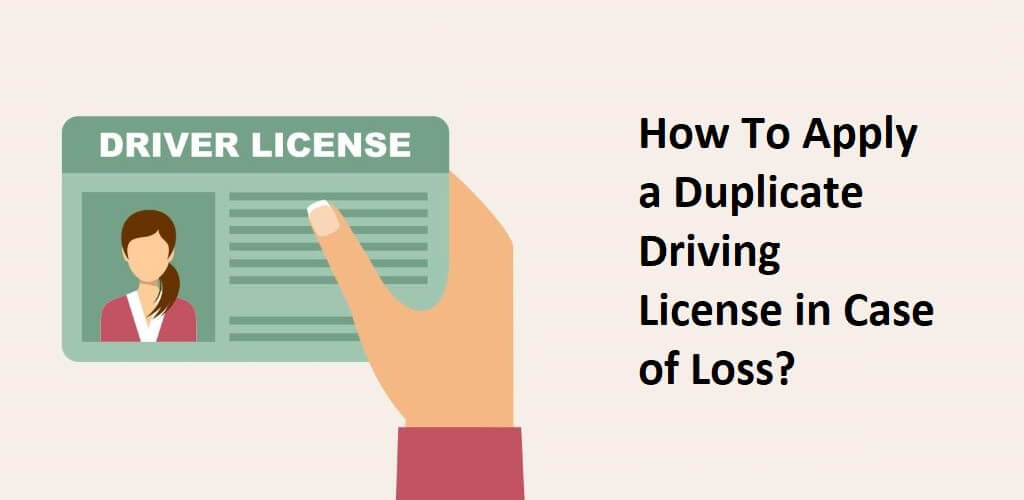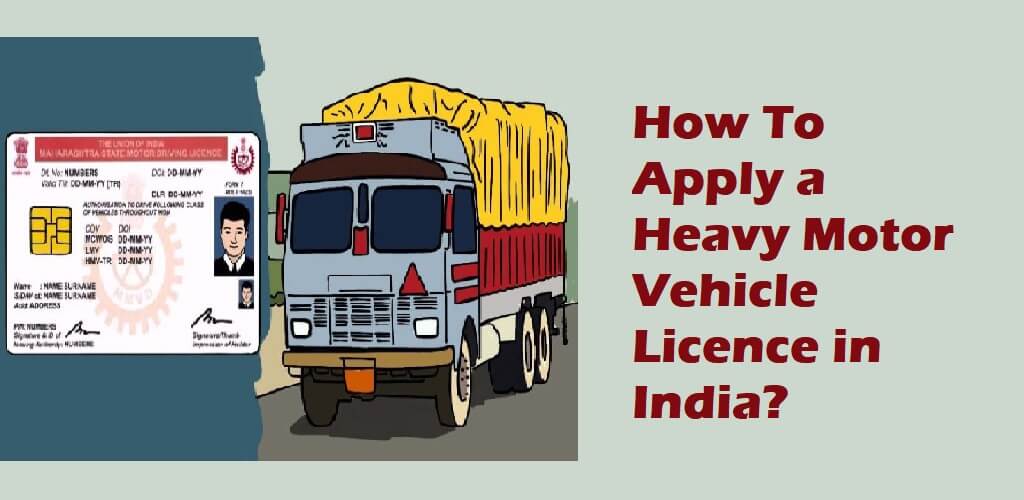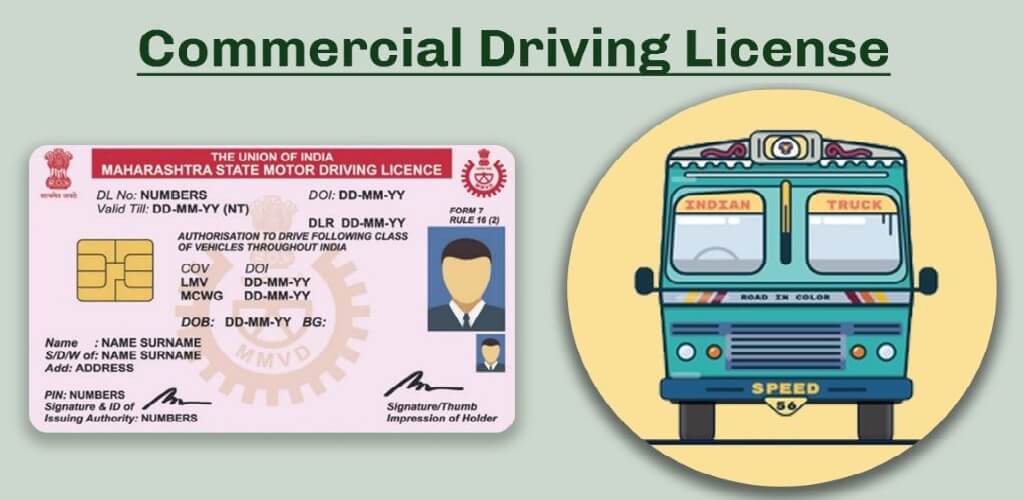Planning for a trip with your family/friends? No matter where you’re heading, the first thing that knocks on the doors of your mind is “Our Car”. Not only it is an excellent travel option but also allows you to travel at your very own speed. Though driving in your car feels like a home away from home, it could be a daunting experience if you forget to carry your essential motor documents.
Did you know?
As per the Motor Vehicles Act of 1988, it’s now mandatory for all automobile owners to obtain third-party car insurance and other important documents.
The purpose of the law is to ensure people’s safety when they drive. Here is another surprising fact!
As per the report from The Times of India, traffic police said that the average daily number of challans issued has increased dramatically, rising from nearly 684 in 2021 to over 2,100 in 2022, and 4600 in 2023.
If you don’t want to run into paying fines, then here is a complete list of the documents to carry on public roadways. If you don’t carry any of these, there could be severe penalties. But before heading to the essential motor documents, let’s understand its significance in detail!
Why Is It Important To Carry Documents While Driving in India?
Imagine.
You’re enthusiastically driving on a public highway with your friends, enjoying the best time of your life. And then, suddenly, traffic police stop you and now, you suddenly remember that you have no driver’s license (DL) and Registration Certificate for your vehicle (RC).
Now, what will happen? If you don’t have RC, then legal authorities have the right to impound your vehicle. On the other hand, if you don’t have a driving license, then they might impose a huge fine on you, which could be a nerve-wracking experience that you don’t want to run into.
Thanks to the advancements in the digital era, drivers can now easily preserve important vehicle data and documents on their smartphones. The best part is that even Indian law mandates that you must produce your car documents, either physical or digital, to the traffic police if they ask for them. If you, however, don’t carry any legal documents with you in any form, then you’re liable to pay penalties, which could break your bank.
With apps like DigiLocker and m-Parivahan, one can store all the required documents on their phone. As a result, you will not have to bother carrying them around with you everywhere you go.
Note: The normal scanned copy or black & white printouts of your vehicle documents will not work and you may face penalties.
List of Docs Required to Keep at all Times While Driving
Here is the complete list of the vehicle documents to carry while driving on public roads. Let’s discuss them in detail!
- Driving License: When it comes to legally riding a vehicle on the road, you have to have a driving license. If you are above 18 and have passed the required driving test, the RTO will give it to you. Your driving license contains your personal information and specifies the kind of bike you are permitted to ride- non-geared or geared. The Motor Vehicles Act of 1988 mandates that a driver must have a valid driving license. Driving a vehicle without a valid driving license has a penalty of Rs. 5000.
- Registration Certificate: When driving a vehicle (two-wheeler or four-wheeler), you should have this document because it certifies that your automobile has already been registered with RTO. Along with personal information, it also includes information about the vehicle’s model, registration number, and any past owners (if any). You risk a fine of Rs. 5000 if you are unable to present a valid RC of your vehicle.
- Insurance Policy: In the event of an accident, two-wheeler or car insurance may protect you from huge financial loss. The vehicle’s model, age, ownership information, kind and extent of insurance coverage, duration of the policy, and more details are covered under your insurance policy. With a dedicated insurance policy, you can easily get in touch with your insurer right after an accident. Even the Motor Vehcile Act mandates that a vehicle should have at least third-party insurance to drive on the road if not comprehensive insurance. Driving without insurance carries a fine of Rs. 2, 000 fine or a 3-month jail sentence.
- Pollution Under Control Certificate (PUCC): The amount of pollutants your vehicle’s exhaust emits is listed on the PUCC, which is a kind of emission certificate. It should be updated regularly as it confirms that the amount of carbon monoxide generated by your two-wheeler is under the permitted level. As per Section 190 (2) of the Motor Vehicles Act, 1988, if you don’t have a genuine PUCC, the penalty is Rs. 1, 000 for the first offence and Rs. 2,000 consequently.
- Fitness Certificate (FC): The majority of vehicles are meant to be driven only for 15 years. If your vehicle is older than that, you cannot ride it with a fitness certificate. Ensure you have a valid FC if you have a vehicle older than 15 years. Always renew your fitness certificate regularly to avoid facing penalties.
- Identity Proofs: Although it is not required, it is recommended to have a legitimate ID with you to confirm who is driving the vehicle. The police officer might ask you for the ID proof and compare it with the vehicle documents that you provide them. Always carry a valid document in case of emergency such as a passport or Aadhar card.
Frequently Asked Questions
Listed below are the frequently asked questions related to the documents to carry while driving in India.
The Motor Vehicles Act, 1988’s section 190 (2) states that driving without a PUC certificate carries a punishment of up to Rs. 1,000 for the first offence. You will be required to pay a higher penalty of Rs. 2,000 for further offences.
If you have a learning license and someone with a permanent driving license is supervising you, you can practice driving on Indian roads. Driving alone while in possession of a learner’s permit is the same as driving without a license and can result in fines. As a result, avoid driving on highways with this kind of temporary license.

